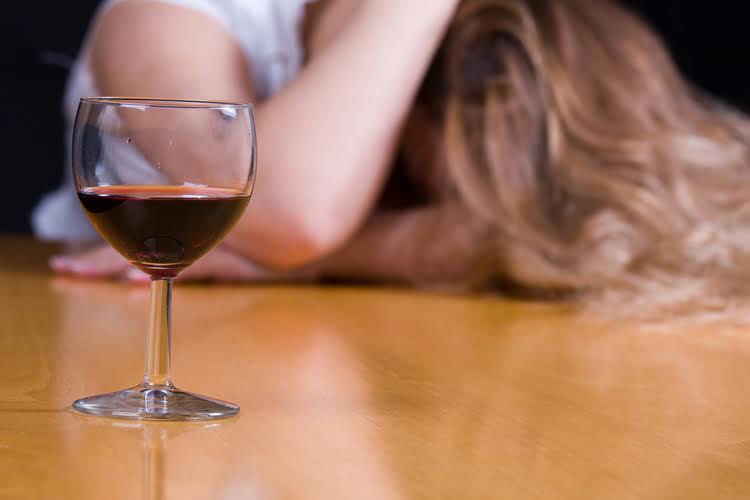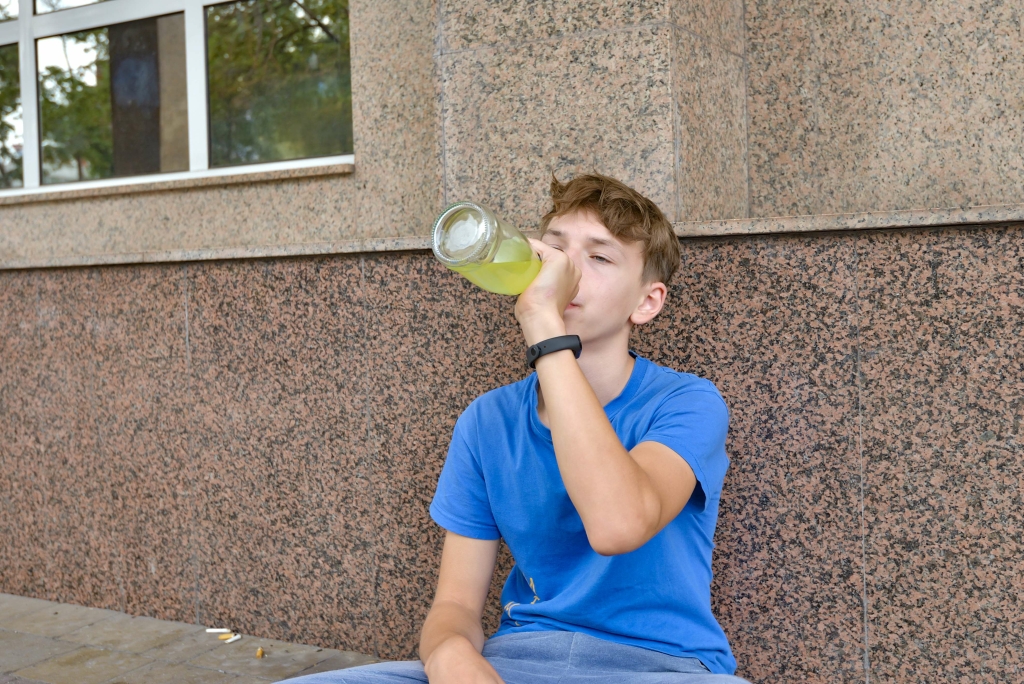Can Alcoholism Affect Eyesight? Vision Problems Linked to Alcohol Use
One of the most common short-term effects of alcohol consumption is bloodshot or red eyes. In some rare, severe cases, excessive alcohol consumption can cause blindness, both temporary and permanent. This occurs as a result of vitamin B deficiencies, which are especially vital for optic nerves, caused by the presence of excessive alcohol.

Preventing and Managing Alcohol-Related Vision Issues
If dryness continues, scheduling a https://estatecleanoutcleveland.com/what-to-do-after-a-relapse/ routine eye check ensures you receive guidance and care tailored to your needs so you can protect your eye health long-term. This vision problem can lead to headaches, especially during the sobering-up stage. Expect slow pupil reaction time for up to 24 hours after your bout of excessive drinking.
The Consequences of Alcohol on the Eyes
However, when the body is dehydrated due to alcohol consumption, it struggles to produce enough tears. This lack of sufficient lubrication leads to the condition known as dry eyes. Glaucoma, a condition characterised by damage to the optic nerve due to increased IOP, can be exacerbated by these fluctuations in eye pressure.
What should I avoid if I have macular degeneration
Preservative-free options are best if you use them often, as they reduce the risk of irritation. Apart from weakening the eye muscles, alcohol also affects the transmission of signals between the eyes and the brain. At 0.15% to 0.19% BAC, motor functions, balance, and vision are impaired.
Permanent Effects of Alcohol on Eye Health
- Additionally, long-term alcohol use can contribute to retinal damage, which affects the ability to perceive colors and see clearly.
- Let’s see what these symptoms look like and get a clear vision of what an alcohol-free life can mean for our eye health.
- Alcohol can lead to temporary vision issues like blurred vision, double vision, and difficulty focusing.
- Many people don’t realize that alcohol consumption affects more than just your liver.
- While cataracts are often age-related, heavy drinking can accelerate their development.
This clumping can block blood vessels or slow the flow of blood, reducing the amount of oxygen that can be distributed to the body’s tissues and organs. Alcohol use is connected with various vision problems, including blurry sight, dry eyes, and even blindness. These side effects can be both temporary and long term, and they range in severity. If you do have any of these signs of a substance use disorder as well as alcoholic eyes, you could be at risk of losing your eyesight, your health, and your happiness.

So, the alcohol builds up quite quickly,” explains addiction psychiatrist Akhil Anand, MD. Dial 999 for an ambulance if you suspect alcohol poisoning and you’re worried. To prevent choking, turn them on to their side and put a cushion under their head. The excess amount of alcohol in your system can also upset your digestion, leading to symptoms of nausea, vomiting, diarrhoea and indigestion. Red-green and blue-yellow colour blindness is actually more accurately known as “colour vision deficiency” because you are not actually blind.

This dehydration extends to your eyes, accelerating the symptoms of dry eye syndrome (itchiness, a burning sensation, blurry vision, watery eyes etc.). However, for people with pre-existing eye conditions like glaucoma, the temporary rise in IOP may be more significant and potentially exacerbate their condition. If you have glaucoma or any other eye diseases that affect eye pressure, please consult with an eye care professional about alcohol’s potential impact on your eye health. Alcohol is one of the most dehydrative chemicals for your mind and body. This form of bloodshot or reddened is not a symptom of a serious underlying condition, but a factor of full-body and eye dehydration. However, over time these persistent alcohol-induced dehydration factors can have long-term consequences on your what is Oxford House body.
- Remember that an addiction to alcohol goes further than just physical harm.
- The severity of a person’s withdrawal symptoms may get worse each time they stop drinking, and can cause symptoms such as tremors, agitation and convulsions (seizures).
- This nutritional deficiency can cause a weakness or paralysis of the eye muscles, further compromising vision.
Alcohol’s Effect on Eye Movement and Pupil Size
That means, with the proper treatment, your eye color and optical appearance will return to its original healthy-looking state the longer you go without drinking. Speak to a specialist to find out potential rehab options and timelines for visual restoration relative to your alcohol battles. Like double vision, if your bloodshot eyes do not revert back to normal after a night of drinking, then it might indicate a more serious issue and require medical attention. If your eyes are bloodshot, avoid touching them and talk to your doctor for a proper diagnosis. After a number of years of heavy alcohol consumption, you might find yourself with decreased peripheral vision.
Once the person has consumed a little alcohol, the brain relaxes that control and vision problems become apparent. However, these changes will go away once the alcohol has cleared the system. When you stop drinking, you might notice a range of physical, emotional, or mental health symptoms that ease as soon as you have a drink. Alcohol use can factor into mental health symptoms that closely resemble those of other mental health conditions. People who drink heavily over a long period of time are also more likely to develop pneumonia or tuberculosis than the general population. The World Health Organization (WHO) links about 8.1 percent of all tuberculosis cases worldwide to alcohol consumption.
If You Don’t Wear Your Glasses Will Your Eyesight Get Worse?
Alcohol can increase inflammation in the body, which might irritate the eyes further. This is often more noticeable if you already have mild dry eye or other eye conditions. Limiting intake and using soothing eye drops can reduce feelings of irritation. Dry eye is a blurry vision hangover common condition that affects millions of people, causing irritation and sometimes vision problems if not managed. It can be triggered by various factors, including lifestyle choices such as alcohol consumption.